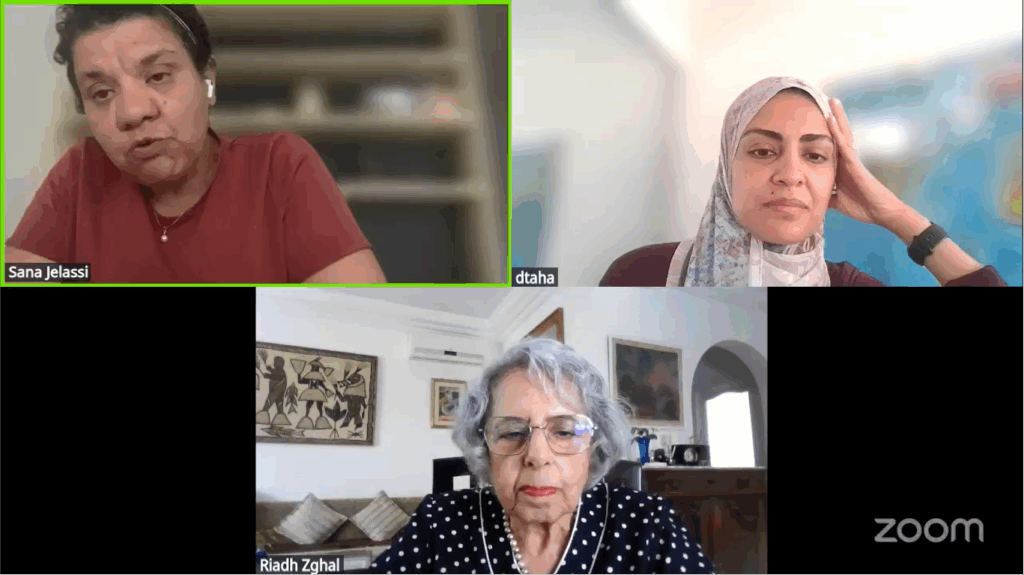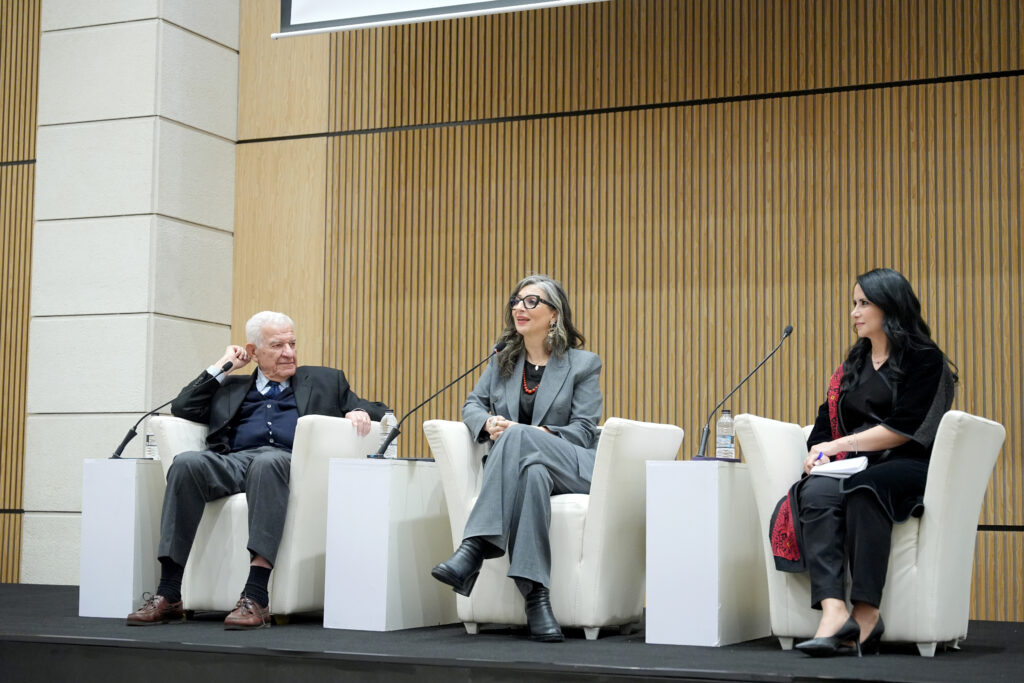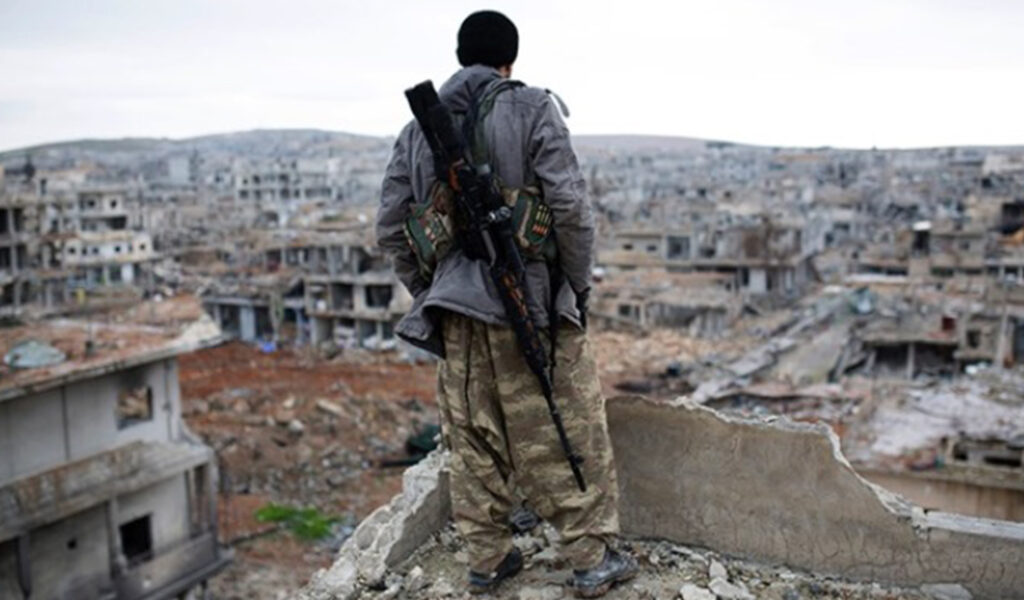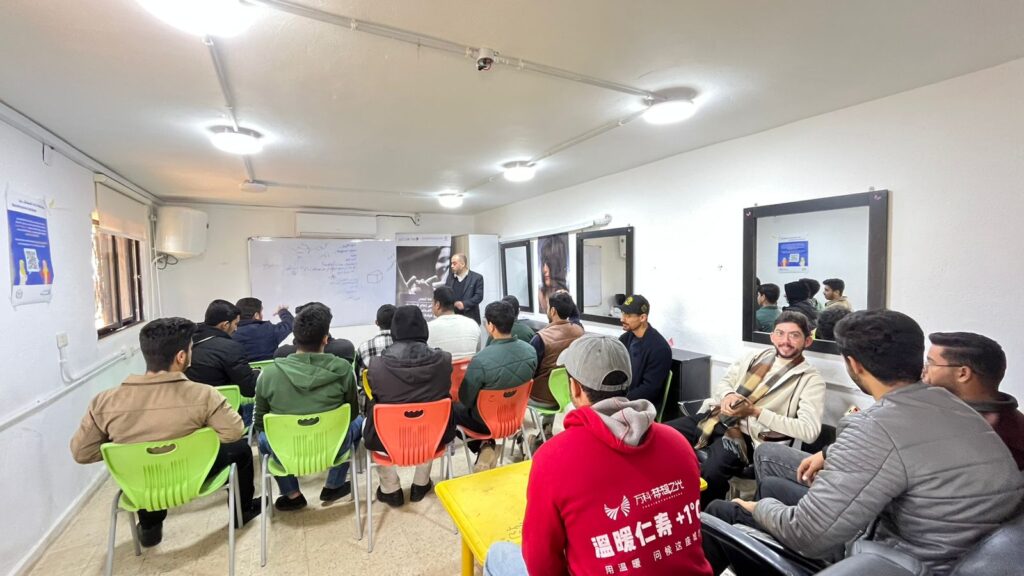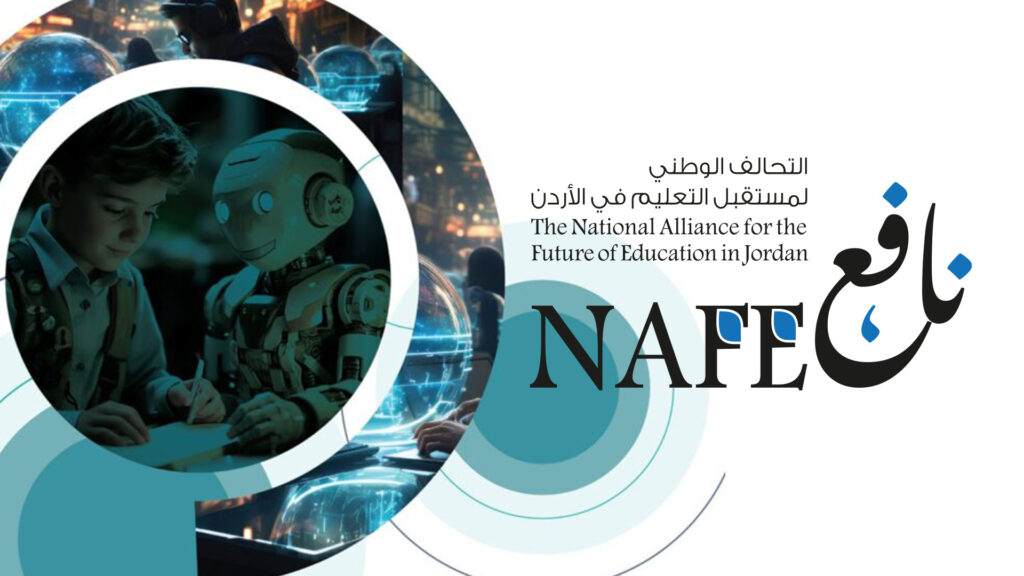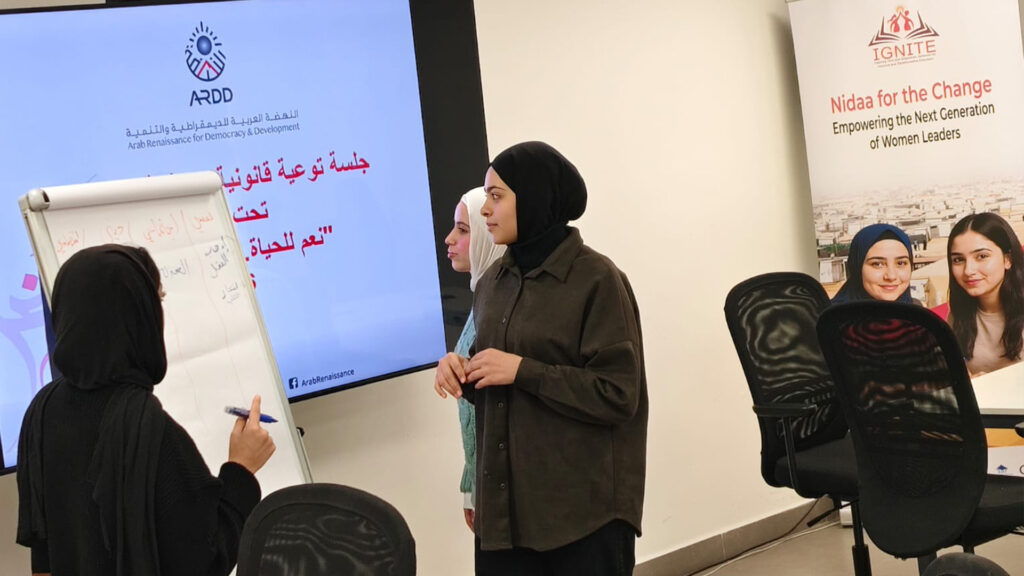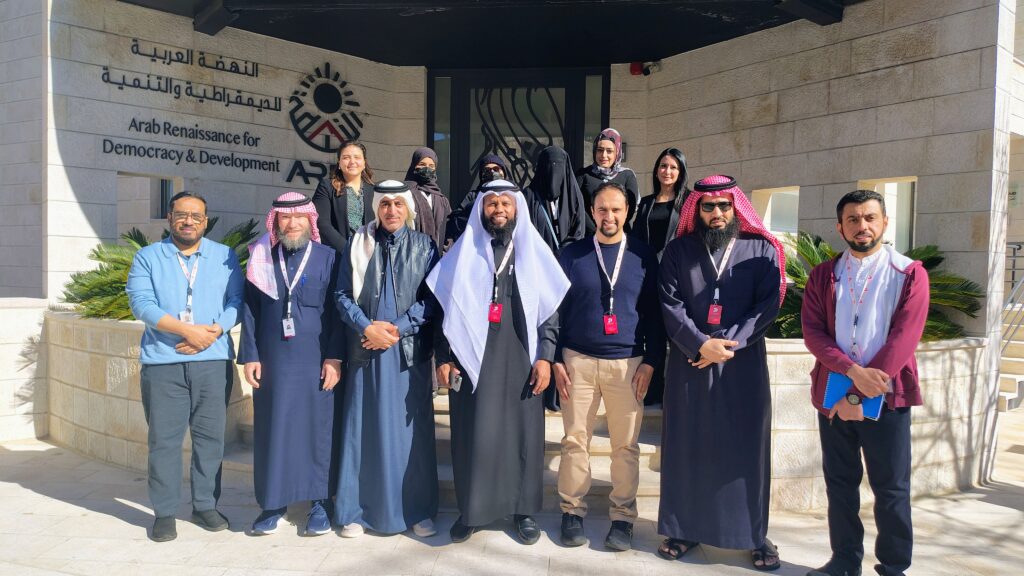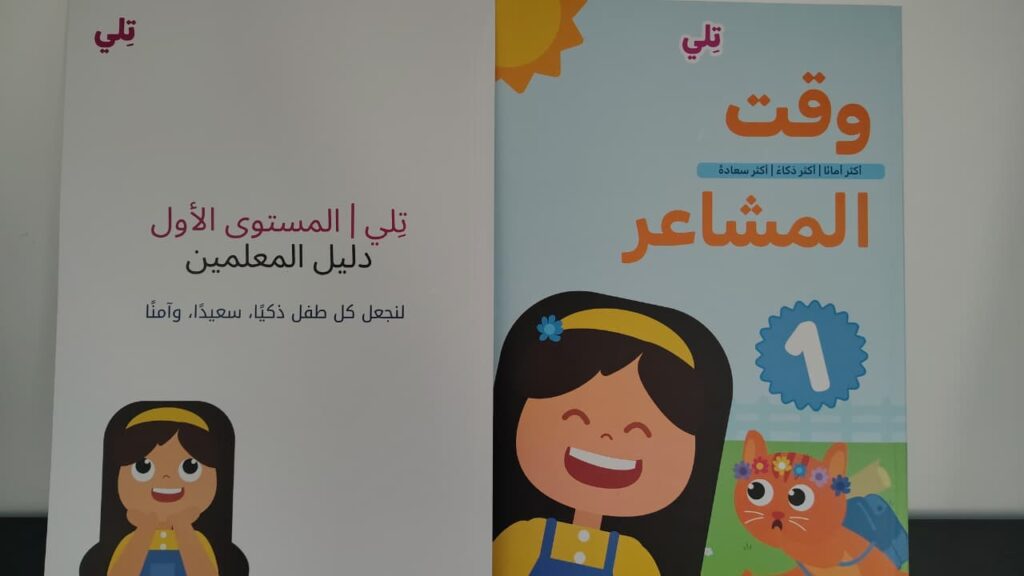As part of its ongoing efforts to understand the shifting landscape of international aid and to challenge the unequal power dynamics that shape this sector, the Women’s Studies Unit at ARDD´s Renaissance Strategic Center—organized a webinar titled “Feminist Perspectives on Decolonizing the Aid Sector”. The event brought together a group of distinguished academics and experts in development and social issues from across the Arab region.
Held on July 15, 2025, and moderated by Dr. Sana Jalassi, Women and Youth Programs Advisor at the Renaissance Strategic Center, the webinar featured contributions from Prof. Riyadh Al-Zaghl (Tunisia), an expert in administrative sciences and sociology, and Dr. Dina Taha (Egypt), Prof. of Sociology and Anthropology at the Doha Institute for Graduate Studies.
In her opening remarks, Dr. Jalassi noted that the webinar is part of a broader series of political dialogues following ARDD’s roundtable titled “Assessing the Impact of the U.S. Aid Freeze on Civil society organizations and the women’s movement in Jordan”. That discussion highlighted the deep impact of abrupt funding cuts in worsening inequalities and reinforced the need for locally-led feminist approaches that center the priorities of communities in the Global South.
Dr. Jlassi added that these dialogues are part of a strategic trajectory at the RSC aimed at advancing social and economic justice through critical feminist analysis. She called for strengthening regional conversations and aligning feminist struggles with independent and equitable development agendas.
Speaking at the webinar, Riadh Al-Zaghl offered a critical reflection on the concept of aid, arguing that “aid is not always a form of humanitarian generosity—it is often tied to political and economic conditions that burden recipient countries and deepen their debt.” She shared examples from Kenya, Niger, and Tunisia illustrating how women, through grassroots initiatives, can reimagine economic and development frameworks. She emphasized the importance of women’s economic empowerment as a strategy to combat economic violence and promote autonomy and sustainable development.
Dr. Dina Taha linked feminist analysis to anti-colonial resistance, asserting that any feminist discourse that fails to engage with the legacies of colonialism in the aid sector remains incomplete. She pointed out that current aid models are often imposed without meaningful participation from women in their design or implementation—making them, in many cases, part of exploitative systems cloaked in humanitarian language. She remarked, “Violence isn’t only carried out through bombs—it also manifests through the systematic exploitation entrenched in aid systems.”
The webinar also saw vibrant engagement from participants, many of whom emphasized that current aid systems do not reflect the realities or needs of women. They stressed the importance of granting women full decision-making power and leadership roles in local development processes. Participants called for a rethinking of humanitarian models rooted in dominance and dependency, advocating instead for stronger, trust-based partnerships with local actors, and investment in feminist research and knowledge production. They also stressed the need to hold donors accountable when programs fail to align with community priorities.
In conclusion, this webinar opened the door for a broader conversation on the imperative to decolonize the aid sector—shifting away from charity-based models toward frameworks grounded in solidarity and mutual accountability. It also underscored the importance of interpreting geopolitical shifts through a Global South lens, particularly amid recurring crises and the growing political leverage linked to aid.

